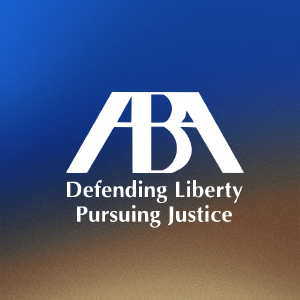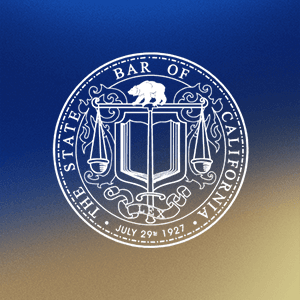Boykin Tahl Error
If a Boykin-Tahl error occurs, the plea must be withdrawn. When a defendant pleads guilty, he must be advised of and expressly waive his fundamental rights to jury trial, to confront and cross-examine witnesses, and against self-incrimination. He must also understand the nature of the charge(s) against him and the consequences of entering into a plea agreement. Unless the record affirmatively shows that the defendant's guilty plea was voluntary and intelligent, it is a Boykin-Tahl Error. The term Boykin-Tahl Error comes from the combination of a U.S. Supreme Court Case (Boykin v. Alabama (1969) 395 U.S. 238) and a California Supreme court case (In re Tahl (1969) 1 Cal.3d 122).
Client Reviews
-
God Bless you Stephen, wish you all the successes in life.
“Stephen is a great contact and extremely helpful and knowledgeable. I am glad that I was his client in the past. Top lawyer, top man. God Bless you Stephen, wish you all the successes in life.”
-
Don't hesitate to contact them!
“I was referred to this group of Attorneys. I was started with a low cost made arrangements. My case had to do with assault allegations. The case was dismissed they helped me not to loose my daughter to the system.”
-
Never Talk To Police
Know your rights when questioned by law enforcement.
Defend Your Rights -
Learn What To Do When Confronted and Interviewed By The Police
Honest & practical advice during a free initial consultation. Call now to get started!
Read More -
Don't Plead Guilty!
A plea bargain may not be in your favor. Let us help evaluate all of your options.
Learn More








